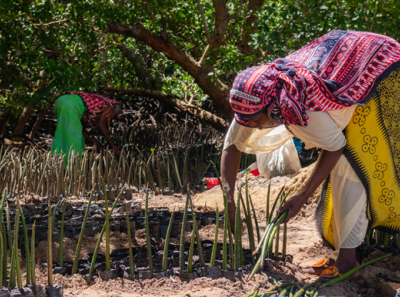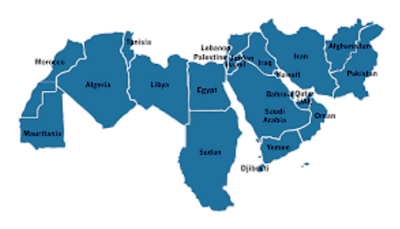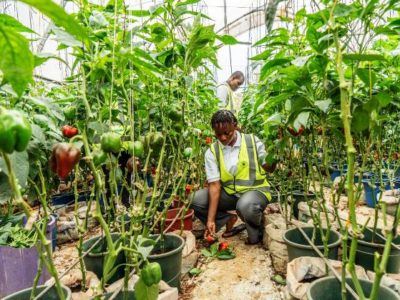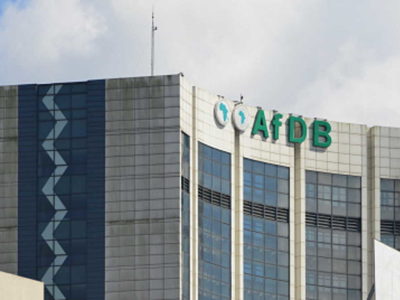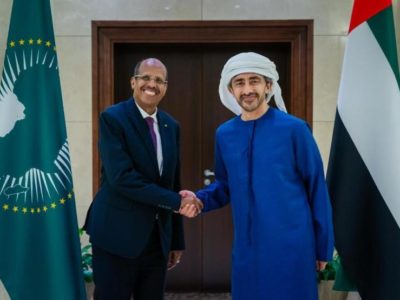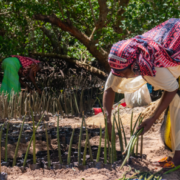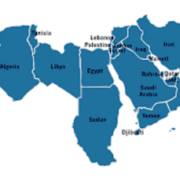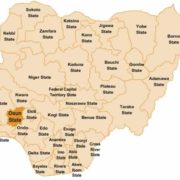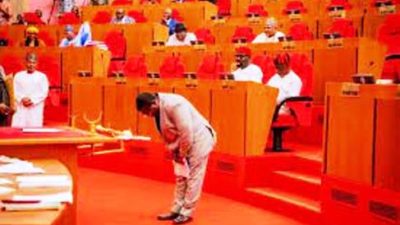By Segun Ohimeh Oruame
How do you run ambitious development plans in a state that is mostly under-infrastructure, largely agrarian; and whose populations of some 4.3 million mostly carry out primitive farming? How do you turn around a state’s economy from being among the worst indebted to being among the least indebted and still meet your commitment to real growth? The answer: Suswamnomics.
In Benue State, one of Nigeria’s 36 states, Governor Gabriel Suswam and his economic team have been able to keep fiscal deficits at bay; sustain monetary discipline; fulfill government’s commitment to workers and embark on massive development projects. The heart of Suswamnomics is a 2007 working document by Suswam’s economic team, captioned: ‘Our Benue, Our Future’, designed to guide the implementation of fiscal and monetary policies; and encourage speedy execution of developmental projects that will ultimately impact on the people.
Governor Suswam’s economic blueprint, perhaps, the most ambitious development plans ever since the creation of Benue State in 1976 are designed to address the dysfunctional economy he had to contend with at the onset of his mandate. The entire framework is fostered on tightened monetary policy, heavy investment in education, sciences, and the health sector. All these are constructed on the achievement of “consistency and rationality in government policies and actions; loyalty and commitment of the bureaucracy; transparency and accountability in the governance process; a strong reporting and feedback system; participatory and complementary action by the populace; due recognition of merit and professionalism; and adequate and sustained fund.” From 2007 onwards, the Suswam’s administration recorded 11% reduction in government expenses; employment within key public sector economic rose by 10%, agriculture output grew by 35% and road constructions linking rural areas and urban centres grew by 55% in terms of funding and actual work executed while urban infrastructure development inclusive township roads, street lighting and housing grew by well over 85%.
Chiefly, Governor Suswam recognized that government with governance was the problem. The machinery of government was over- bloated thus undermining the capacity for efficiency, transparency and objective inclusiveness. Benue like many states making up the federation had a burdensome legacy of over-staffing that was purely based on geographical considerations. Governance needed a delicate balancing of policies and implementation and to succeed, there was need for adequate interactions among all the components of governance particularly the MDAs. If growth must occur, government must commit to financing heavy-fund depended projects to facilitate multiple benefits across sectors. But for that to happen, government must first organize itself to optimize its potential to manage human and other resources.
In a country where government has gained notoriety for being high on rhetoric and low on achievements, Suswam’s critics would concede him some successes in balancing earnings and expenditures; more importantly, in making governance to bear on some of the toughest nuts that have undermined economic growth – infrastructural development, education, and agriculture. Benue State rates high in education within central Nigeria, but sustaining steady growth has remained a challenge and has weakened the potential for improved literacy and generation of high-skilled manpower over the years. Suswamnomics targets secondary and higher education as vital grounds to breed marketable skills through heavy investment in the education sector.
Debts and growth
While Lagos, Kaduna and Cross River states are top on the list of the states of the federation that are indebted to foreign institutions. Benue, Borno, Anambra, Delta, and Taraba states, make up the least indebted states as at first quarter of 2011 according to the Abuja based Debt Management Office (DMO) tasked with tracking the country’s domestic and foreign debts. Expenditure is tightly controlled by the Benue State Ministry of Finance and non priority projects are routinely denied space to accommodate the performance of priority projects.
Cleaning up on finance has meant a complete reorientation within the Finance Ministry to put speed and efficiency in government’s processes. The result is a budget system that is electronic in nature allowing for better accountability and transparency in transactions. The implementation of e-budget is part of a larger framework for e-finance under which the U-Pay roll system was introduced – a unified epayment window that facilitates workers salaries in realtime and eliminates the ogre of ghost workers that has bloated governments’ wage burden in several states of the federation.
Low debt profile has not meant that growth margins have narrowed. In the agrarian economy of Benue, where over 80% of the population farms for a living, Suswamnomics has influenced a gradual transformation from primitive to mechanized farming stoked by the distribution of about 1, 276 trucks and grassroots distribution of fertilizers through local government headquarters at 67% subsidy rate. In the pre-Suswamnomics years, fertilizer allocation scarce as it were and unaffordable tended to be allocated based on political patronage. Touted as the country’s ‘Food Basket,’ Benue State under Suswam with his economic team aims to build an economy still largely agrarian but with capacity for full scale industrialization. About 23 field operation units of Benue Tractor Hiring Agency have been reopened to aid mechanized farming across the state and consolidate on Benue’s position as a top agriculture state.
Suswamnomics: The feel is real in Makurdi
You could start a tour-de Suswamnomics through Makurdi. Take a walk on the tarred roads that were once not there and at night stand under the streets lights that have added colour and life to this city of some 740, 000 people (the 1991 census gives a figure of 226,198). The transformation of Makurdi is symbolic of the change that Suswamnomics has brought to the urbanization process in Benue whether in Gboko, Oturpo or Makurdi, the state’s administrative capital. On a normal day, Makurdi is serene with a poetic ambience. The Benue River, sleepy during the dry season and wakefully roaring at the raining season, is a defining feature of the city. The sprouting number of new buildings, roads, brand new shining cabs, and rising visibility of banks with other financial houses paints a city in transition and steadily grappling with the challenges of urbanization.
In the last four years, Makurdi has experienced increased economic pulses marked by the massive construction of urban roads with street lights all gradually erasing the rustic trait of Makurdi. Since 2007 when the new government of Right Honourable Gabriel Suswam assumed office and started implementing a conscious urbanization agenda under its Economic Development Blueprint tagged Our Benue, Our Future,’ Makurdi, Gboko, Oturpo and several other towns have featured prominently in the grand design to urbanize several locations and open windows for fresh economic activities to some 4.3 million people who make up the population of Benue State (the 2006 census figure is 4,219,244).
Where the money is going in 2011
The total figure for the 2011 budget christened:”Budget of Continuity and Reformation,” is N71, 350, 730, 760 (N71b) designed “to ensuring that we complete all projects started by our administration” according to Governor Suswam. Works and road construction will take N6.1billion; N2billion for purchase of fertilizers; N250 million for purchase of additional farm tractors to boost agricultural productivity, while the sum of N70million was proposed for on-going projects at the College of Agriculture, Yandev in line with the government’s objective to make agriculture a high employment generation sector for the teeming unemployed youths in the state. The Greater Makurdi Water Works will get N600million for its completion while N350 million would be committed to the upgrading and completion of Otukpo water project. About N253million would be utilised for the completion of the Katsina-Ala water project. The budget would be financed from an expected N28billion inflow from the Federation account, N6.4billion from Value Added Tax (VAT) proceeds and N7.8billion from capital receipts. Internal revenue is expected to yield N7.4billion” while the state is also expected tap into the N13billion Bond from the Capital Market to finance specific projects such as completion of the Benue State University Teaching Hospital, construction of roads and completion of some water projects in the state.

